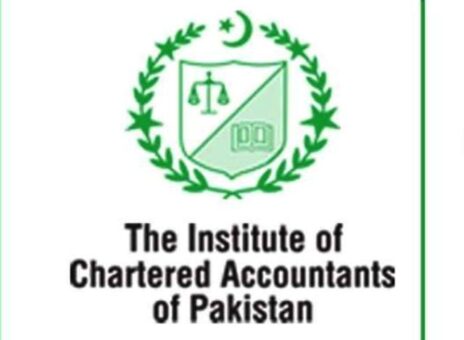KARACHI: Federal Board of Revenue (FBR) has been suggested to abolish regulatory duty and reduce customs duty on import of raw materials by pharmaceutical industry.
Overseas Investors Chamber of Commerce and Industry (OICCI) in its tax proposals for budget 2019/2020 said that through the Finance Act 2008, custom duty on pharmaceutical raw materials was reduced to five percent.
However, there are still many items that are not included in the list of duty reduction.
The OICCI recommended reduction in custom duty and abolishment of regulatory duty on pharma raw materials and packing materials.
All pharmaceutical raw materials should be added to Table A of Part-II of Fifth Schedule to the Pakistan Customs Tariff, it further recommended.
The OICCI pointed out another issued saying that as already highlighted in the Supreme Court Human Right Case No. 93336 of 2018, FBR to allow Sales Tax exemption for Goods defined in Medical Devices Rules – 2017 under DRAP Act, 2012 with their respective headings of Customs Act 1969 imported and locally manufactured.
The OICCI recommended that a new Serial No.4A to be inserted in Part II of the First Schedule to reduce the rate of tax from 5.5 percent to 1 percent on import of pharmaceutical raw materials and finished goods for filers.
It said that presently the rate of tax at import of pharma raw materials and finished goods is very high considering the price constraints on pharmaceutical products and significant devaluation of currency over past months.
The pharma sector is highly dependent on import due to non-availability of raw materials and medicine in finished form in as local substitutes.
The OICCI also suggested sales tax zero rating on pharmaceutical inputs. It said that sales tax being paid on packaging material utilities and other supplies used in manufacturing pharmaceutical products is adding to the product cost.
Since the final product is exempt from Sales Tax, the tax paid can neither be passed on to the consumer nor can be claimed as input tax. This is also against the philosophy of sales tax which is supposed to be borne by the consumer.
It recommended that local supply of medicines/drugs should be classified under Zero-rating, instead of the current “exempt” status from levy of sales tax, so that the pharma industry, whose selling prices are regulated by the government, may claim input tax credits on taxable inputs.
“Alternatively, the taxable raw materials and packing materials, whether imported or locally procured may be notified as exempt from sales tax, if purchased by a pharma manufacturer.”





